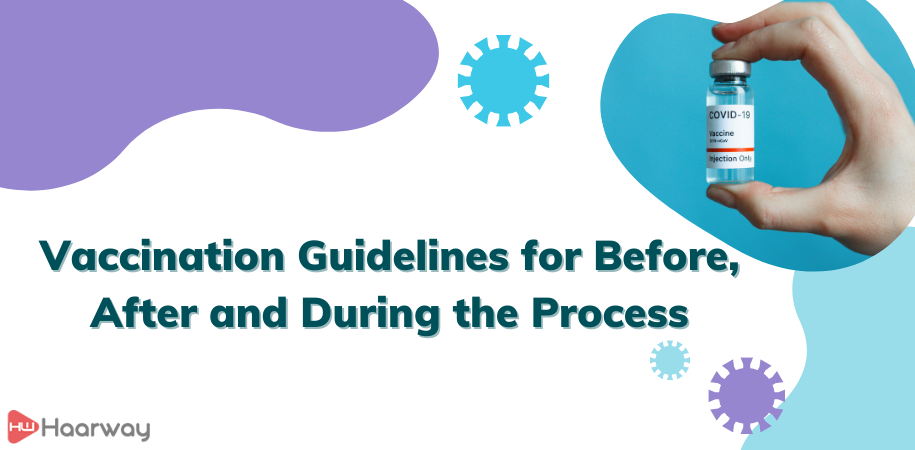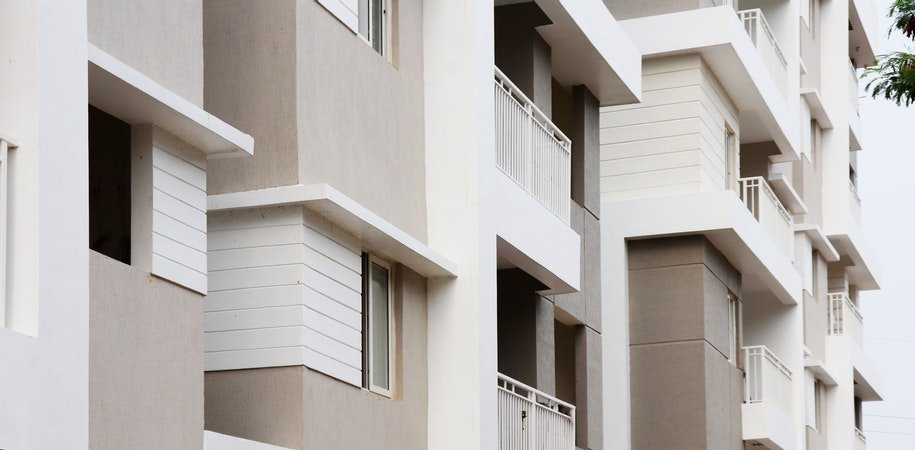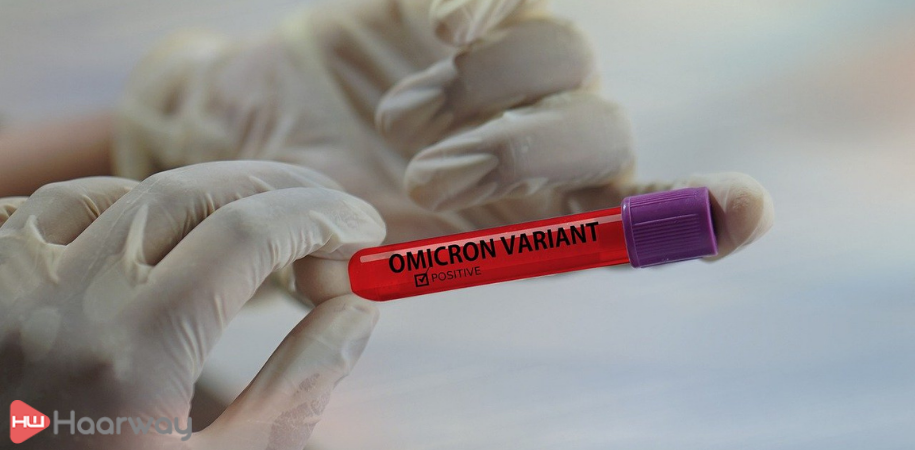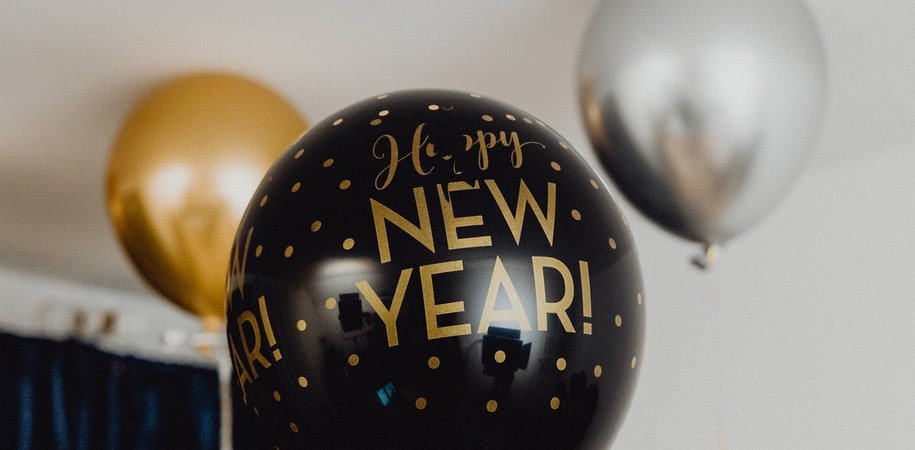Getting Vaccinated? Here’s Covid-19 Vaccination Guidelines for Before, After and During the Process
Since 16th January, when India commenced the vaccination procedures to combat the pandemic, it has administered over 8.48 crore doses of Covid-19 vaccines. However, as of 2nd May, the second-most populous nation with 1.4 billion people had inoculated just 2% of its inhabitants. It’s interesting to note that the Union Minister, Prakash Javadekar claimed that India is on the trajectory to immunize at least 108 crore citizens by the end of this year. With the surge of the ghastly second wave, individuals must take up the responsibility of registering themselves for vaccination as soon as possible. After all, everything has its perks; for instance, once you are jabbed with two doses, you will be safe to hang out with other vaccinated friends and family. However, you must continue to wear a mask for your safety and others, sanitize your hands, and abide by the social distancing rules.
Now, if you didn’t already book yourself a vaccination slot, what are you waiting for? Don’t delay, and if you are facing queries as to what precautions you must take before, after, and during the vaccination, here are your solutions-
Before Vaccination
-
Clearance for Medications
Consult your doctor so that you may also receive approval for some medications that can decrease your chances of experiencing an allergic response while getting vaccinated. However, individuals with a propensity of immediate or delayed onset anaphylaxis or allergic reactions to pharmaceuticals, foods, or injectable therapy should not receive the vaccination, according to the Department of Health. Also, with doctor's supervision, a complete blood count (CBC), C-reactive protein (CRP), or immunoglobulin-E (IgE) concentration can be assessed.
-
Eat Healthily
Experts feel that sustaining a healthy diet before obtaining the COVID vaccine is critical and that standard medications should also be followed under the supervision of your doctor. While taking proper care of your physical health is essential, you must also ease your uneasy mental state. It’s pretty apparent for anyone to be met with false rumors or news that could elevate your stress. So, while being informed of the recent developments is essential, ensure that you are citing credible sources like WHO for accurate information.
-
Prepare the Documents
It's of utmost necessity that you keep all the required documents handy prior to the appointment date. Put all your papers in a folder and make certain that you don’t miss any. You must not forget to carry the ID issued by the government at the time of registration on CoWin’s website. Next, remember to keep the hand-sanitizer accessible, and when it comes to your outfit, don a short-sleeved or loose shirt for a quick procedure. If you are not aware of ‘triple protection,’ perform your research on correctly layering the facemasks for optimum safety.
-
Rule out of Contraindications
Bear in mind that you must not register for a vaccination appointment if you find out that you are allergic to even one of the vaccine’s components. Or, if you had a side-effect during the first period of the vaccine, don’t go for the second appointment. All the decisions must be taken under the guidance of your doctor. Also, if you are on blood plasma or monoclonal antibodies or are experiencing some ailment or Covid symptoms, rescind the slot.
During Vaccination
-
Don’t Lower Your Guard
While at the vaccination center, beware that this could be a potential contagious site due to a highly crowded environment. After handling doorknobs, surfaces, or just any furniture, sanitize your hands properly. Try to keep a six-foot or at least 2-arm distance from other people to be safe. Refrain yourself from constantly touching your face and lowering the mask; it's dangerous.
-
Win Over the Needle-Fear
You may look over the thought of getting vaccinated as an impending doom due to your needle-phobia. This becomes a grave concern of anxiety, for it may be a cause for avoiding the vaccination. Don’t worry; you can employ simple distraction techniques while exposed to the needle to take your mind off the process. For instance, you may listen to music or talk to people.
After Vaccination
-
Stay at the Observation Center
Monitoring and ensuring early response in the event of any post-vaccination reactions is a crucial preventative strategy. As a result, you are expected to wait for approximately 30 minutes in the observation center for your own wellbeing, so remain patient. However, significant adverse effects like itching, fainting, vomiting, wheezing, or shortness of breath are relatively uncommon. But if you do suffer from such symptoms, inform a medical practitioner present in the observational room.
-
Don’t Panic in light of Side-Effects
Minor side effects include soreness at the injection site, fever, and exhaustion. To ease discomfort and fever, you may use paracetamol thrice a day. Note that such complaints should only last just a few days, but if they linger or aggravate for further than a week, consult a medical professional. To decrease the discomfort and inflammation of the injected region, you can place a cool towel or apply cold compressions for twenty minutes. If you still happen to feel the pain, repeat the procedure. Also, avoid putting pressure or rubbing that area, especially while being asleep.
-
Be Ready for the Second Dose
Inquire with authority about the timeframe of the subsequent vaccination, as it depends upon which vaccine you have taken. To avoid missing or being late, set a reminder on your phone. Keep in mind that the second dose is significantly crucial since you are optimally safeguarded against COVID-19 after two weeks of the second jab. On the other hand, if you got diagnosed with a positive case of COVID-19 after the first round, you ought to consider waiting for at least 3 months post-recovery to avail of the second dose.
Get Vaccinated, Curb the Spread!
People in various countries are opting for Covid-19 vaccination since it’s the only way possible to curtail the surge of the pandemic. However, it's time to think with an open mind if you are still hesitant because all the vaccines are clinically tested and considered absolutely safe. The crux of overcoming India’s worst health condition is by surmounting the false information and becoming immunized against the novel coronavirus.







